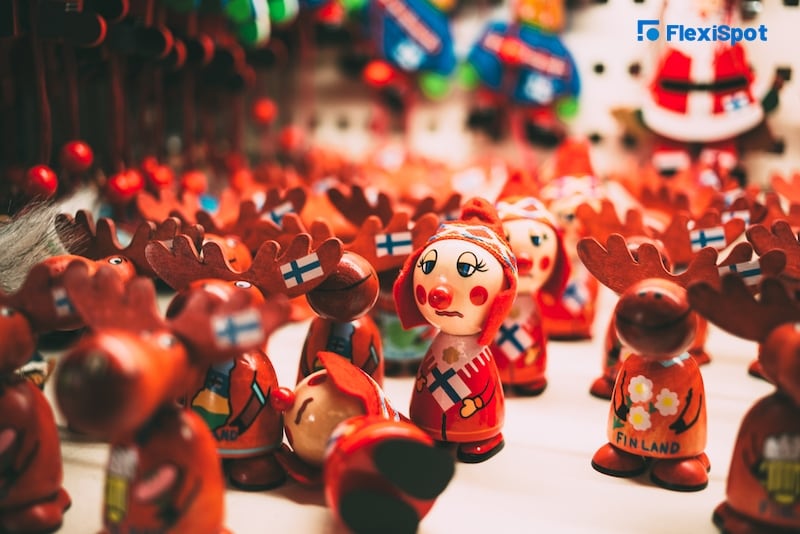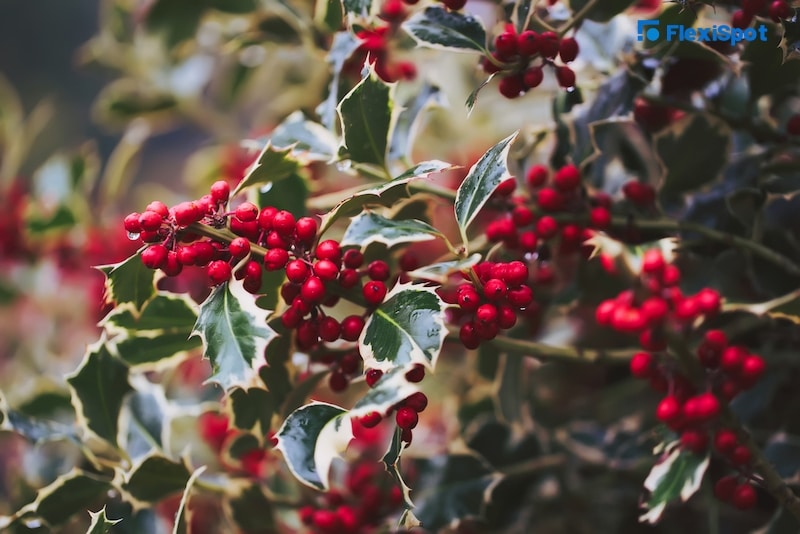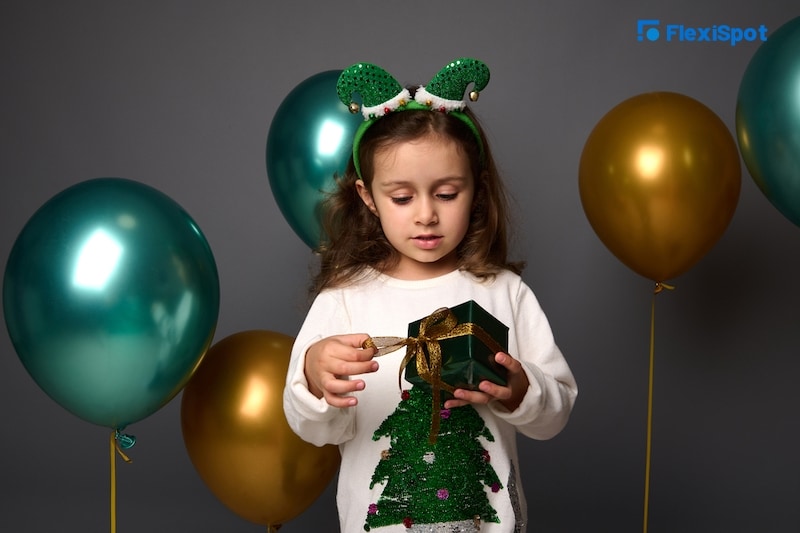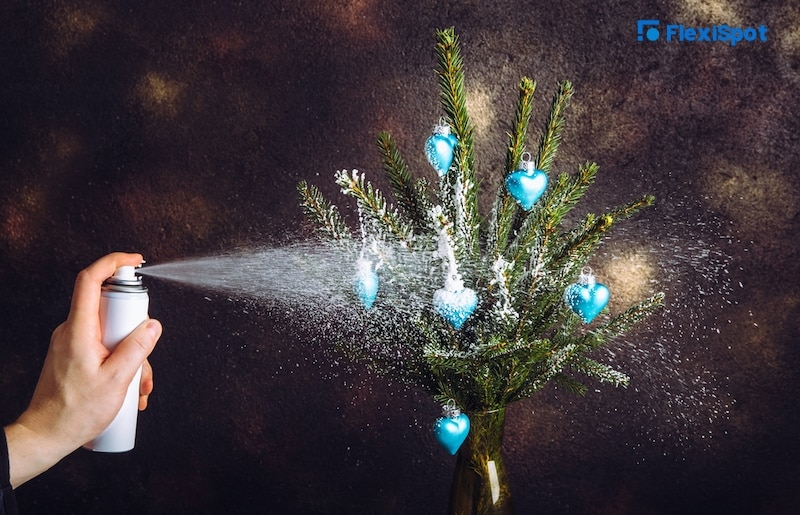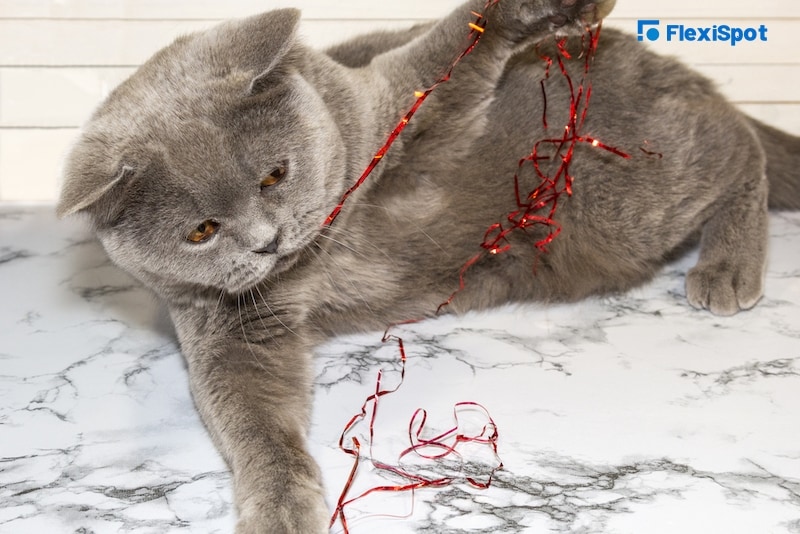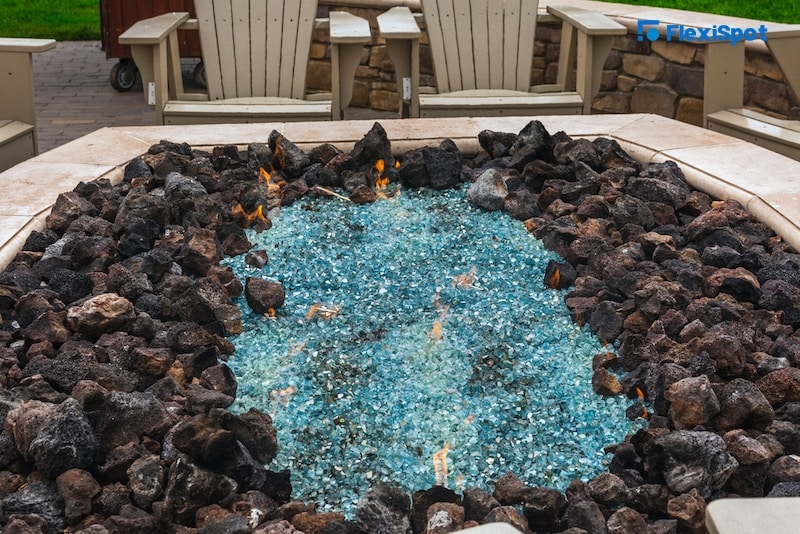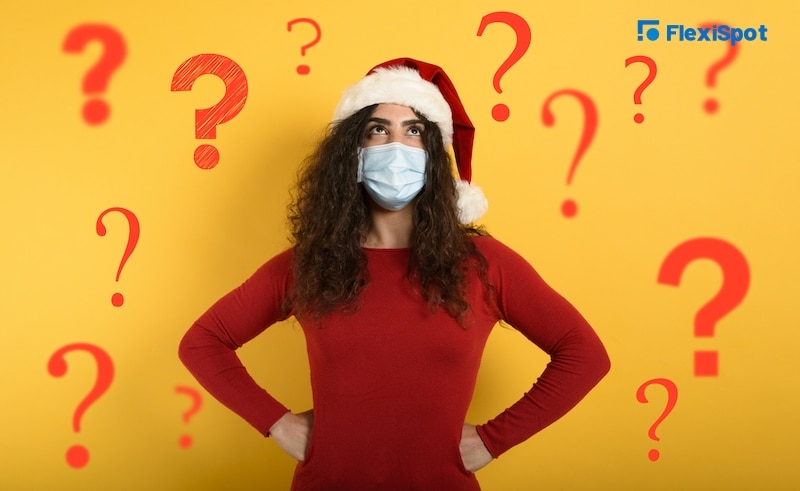Dangers of Holiday Decorations to Avoid This Christmas
The holiday season is just around the corner, with its beautiful spirit and magical moments. But what's a holiday season without holiday decorations?
Although in the midst of it all, it's easy to get caught up with the excitement that twinkling lights, candles, and ornaments that fill every day with holiday magic brings.
Why? Simple, it's a season where everyone feels intimately connected to traditions, activities, and the aura that the season brings along, forgetting about the little things that have short and long-term effects. That is why you should plan to put safety in mind while bringing the spirit of Christmas home to yourself and your family.
To help with this, here we will show you what decorations to be wary of, safety precautions you can employ to stay away from unnecessary scares, and how to have a safe, happy and unforgettable Christmas holiday. If you're ready, let the show begin!
Christmas Decorations You Should Be Careful With
We cannot dispute that decorations are a beautiful way to add color and celebrate the holiday. There is a mental agreement to this by spending on them every year.
Sloppy décor might make the celebration a little prone to danger.
First Aid for Life highlights some mishaps that happen during Christmas:
Between 1997 and 2010, 26 persons in the United Kingdom perished due to watering their Christmas tree while turning the lights on.
While putting up holiday decorations, 2.6 million individuals have fallen from a stool or ladder.
More than one in every 40 individuals has been electrocuted due to faulty Christmas lights.
These and many other unseen things are the reasons why you must be cautious.
Here is our comprehensive list of some decorations to fix an extra eye upon:
Toys
Spaghetti and meatballs go together, just as Christmas and Christmas toys blend well. However, different toys contain different components. One of the most common culprits is lead.
It is present in paints used on toys. Although banned, it shouldn't contain more than 0.06 percentage concentration in paints as it is a causer of nerve damage and brain damage when taken in.
What's more? It raises your chances of having cancer. Be aware that when buying from stalls and shops, some toys may be illegally imported and may not meet the required safety guidelines.
See to it that when you buy age-appropriate toys for your little angels, make sure that no small part can be a choking hazard.
Christmas Lights
Ah, what lovely additions they are. Christmas lights enliven the room, introducing warmth and rare-to-find color during the holidays. It's with pleasure that we bring them out of storage or walk into malls to buy them.
But, they low-key serve up some recipes for disaster, which are hard to notice. Lights are likely to contain lethal substances, lead, for example.
How about the vulnerability of sustaining injuries while trying to hang lights in places that are high and difficult to reach?
Christmas tree lights hurt 350 people per year, including those who fall while putting them up, youngsters who ingest the bulbs, and those who suffer electric shocks or burns.
How do you avoid this?
Check for broken, loose, or frayed wires, whether a new or old Christmas light.
Exercise caution and practice safety while hanging lights
Holiday Plants
What makes for a beautiful, cheery, and festive appearance but the vivid red berries and gleaming green foliage of Holly. What fits into the traditional aspect of Christmas more than a Poinsettia?
How about the great plant that attracts good luck when you kiss underneath it? However, several holiday flora is harmful to people and animals, especially young kids and pets.
And according to the Western Journal Of Emergency Medicine, these plants were reviewed as part of the holiday plants with toxic components.
Holly berries are more significantly dangerous because poison is more concentrated in them, and they may appeal to small children who love putting things in their mouths. Generally, taking in parts of festive plants may cause no harm. However, they have a toxic reputation, but they aren't quite as harmful as some would have you believe.
A media published an evaluation of the toxicity of the substance in 2012. Most ingestions, especially in toddlers, are asymptomatic. That is, you shouldn't be concerned about your toddler ingesting a poinsettia.
"Most youngsters, even if they [ingest these plants], will probably take it very well," Vohra added.
Ingesting festive plants can cause stomach distress, nausea, diarrhea, and vomiting but seldom leads to more serious poisoning.
Wrapping Paper
We both agree that one of the most exciting things on Christmas morning is ripping away the wrapping paper off the presents that your loved one has packaged? It adds a touch of glitz to our presents and makes for fun psychologically while opening them. But we need to be careful.
Although most wrapping paper and ribbons are nontoxic, lead may be present in foil and colored gift wrap. Therefore, giving babies a chance to chew on gift wrap is not a good idea. All inks and glitz that make it shiny might contain harmful toxins; it's, therefore, important to not allow young children to put it in their mouth.
Snow Spray
Crystalline, breathtaking, and blissful. White Christmas is more than this, and it's desired. Many people want the look of snow on their indoor Christmas tree, and they use snow spray to get the outlook they want.
Many snow sprays include solvents like acetone which can be dangerous if breathed. Inhaling the spray for a few seconds in poorly ventilated environments is capable of causing nausea, lightheadedness, and headache; high concentration exposures might prove to be more dangerous.
However, it is not harmful when the snow spray has dried.
Icicles or Tinsels
Long ago, our Christmas holiday wasn't shiny without it. Now, it's time to think about this Christmas paraphernalia. According to Web MD, tinsel can be a choking hazard due to the microscopic fragments that make up the long strands that appear festive and gleaming from afar.
God forbid that your little angel or pet mistakenly swallows some tinsel; the bits may become caught in the throat, causing them to choke. Asides from this, tinsel had a reputation as a poisonous holiday ornament in 1972 when most tinsels contained lead. Lead poisoning may harm various bodily systems.
Going by this fact, tinsel might not be the best decoration to use this Christmas if you have little kids or pets.
Fireplace Colour Crystals
Seeing the colors change in the fire at night is a lot of fun for everyone.
What are these things made up of anyway? Small pieces of tempered glass make up fire glass crystals, utilized in fireplaces and fire pits during Christmas to light up the place.
Magic happens when a chemical interaction between heat and chemicals excites electrons, giving off radiation in the form of color. Attractive right?
They can, however, cause harm and poisoning if ingested by your little ones or pets. Heavy metals, including lead, arsenic are in some of these items, which can harm a variety of organs, but they can be harmful to the brain. Caustic chemicals are not left out; they might cause chemical burns if not careful.
Holiday Decoration Safety Tips
Celebrations can quickly go from good to chaotic, which is why there is a list of safety tips you must follow to avoid any dangerous occurrences. Here's is a list for you to follow;
Toys
Take a look at the label. Warning labels give essential information about how to use a toy and the ages for which it is appropriate. Make sure your youngster understands how to use the toy properly. Come to think of it, when the purpose of a thing is unknown, abuse ends up being inevitable.
Avoid toys with poisonous ingredients that might cause poisoning, ensure that the label reads "nontoxic."
To avoid choking, make sure all toys and pieces are larger than your child's mouth to prevent them from choking on them.
Christmas Lights
How do you deal with Christmas lights and keep the family safe?
Before putting up decorations, make sure you test and examine all of your lights. Check for any missing or damaged bulbs. Replacement bulbs are included with most lights, but you may also purchase them at your local home improvement store.
Don’t hang the lights in a way that damages the cords, and stay away from using nails or tacks. What should I use then? Hooks or insulated staples instead are much safer.
Electrical sockets should not be overloaded.
Do not place extension cables in areas where they can be trodden on.
Make sure to turn off the lights before you go to bed or leave the house; electrical fires are much worse than animations show them to be.
Holiday Plants
Poinsettias may be poisonous when taken into the mouth, so keep them out of reach of kids and pets because these tend to be attracted by it.
Keep an eye out for any leaves or berries that drop to the ground.
Wrapping Paper
After use, discard wrapping paper, including all leftover strings and ribbons when you've finished unwrapping gifts. If you forget, your toddler may easily tie a ribbon around her neck or chew on paper.
Be environment-conscious. If you have to use traditional present wrapping, seek recyclable and biodegradable papers. Try to avoid paper with plastic or other non-biodegradable coatings. Look out for totally recyclable wrappers; they're an excellent choice.
Never, ever joke with fire. Allowing your children to toss wrapping paper into the fire (and not doing it yourself) is a recipe for an accident.
Burnt wrapping paper releases a large amount of heat into the air, not leaving out that it can catch fire very quickly and cause flash fires. Instead of burning them, you could reuse your wrapping paper as holidays come by.
Fireplace Crystals and Icicles
Do not give your small children access to flame color boosters or fire starters.
When your fireplace isn't in use, put a barrier around it so that leftovers of these materials don't end up in their hands.
Conclusion
You can have the Christmas you want with no exceptions attached to it. Holiday decorations, toys, plants, and ornaments can never harm you as long as you know the tales behind them and know how to handle them properly.
Did those safety tips come in handy? What have you overlooked but will you pay attention to right from now and share with family and friends?
Let's discuss your questions and comments in the comments section below.

